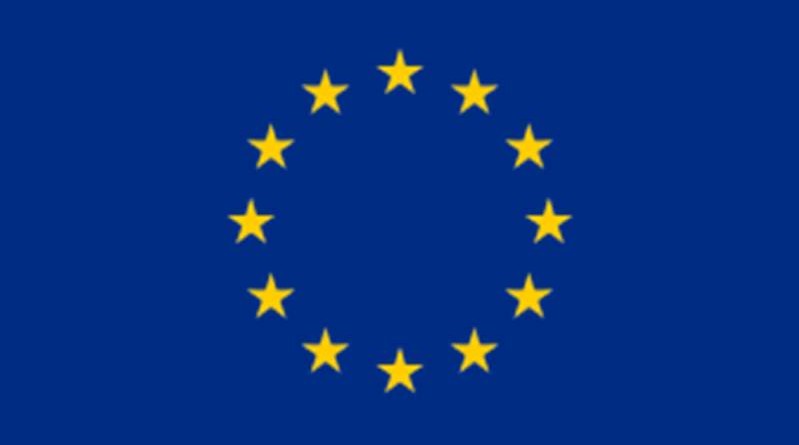The European Union (EU) Launches Ambitious External Investment Plan (EIP) in Nigeria
The European Union has launched the External Investment Plan (EIP), an ambitious initiative to encourage investment in partner countries in Africa and in the EU Neighbourhood region. The Plan, which will be presented at the 7th EU-Nigeria Business Forum holding in Lagos on 4th October, 2018, will strengthen our partnerships by promoting inclusive growth, job creation and sustainable development. It will also tackle some of the root causes of irregular migration. The theme for the Business Forum is “Building Partnerships for Growth and Job Creation”.
The EIP is a new approach to supporting sustainable development through investment. It will improve the way in which scarce public funds are used and how public authorities and private investors cooperate on investment projects. Through a new guarantee mechanism, the EIP will increase private investment in higher risk environments, facilitate private sector investments that otherwise would not be available, and mobilise investment for countries where investing is difficult.
The Plan targets five key sectors (investment windows):
- Sustainable Energy and Connectivity
- Micro, Small and Medium Sized Enterprises (MSMEs) Financing
- Sustainable Agriculture, Rural Entrepreneurs and Agribusiness
- Sustainable Cities
- Digital for Development. The Plan will also assist in developing economically and financially viable projects to attract investment, and help to improve the business environment in partner countries by supporting reforms and economic governance.
The new European Fund for Sustainable Development lies at the core of the External Investment Plan and is expected to trigger additional public and private investment volumes, mobilising total investments of up to EUR 44 billion, based on EUR 4.1 billion contribution from the EU budget and the European Development Fund. The External Investment Plan is adapted to the specific needs of partner countries and builds on the very successful model used within the EU.




